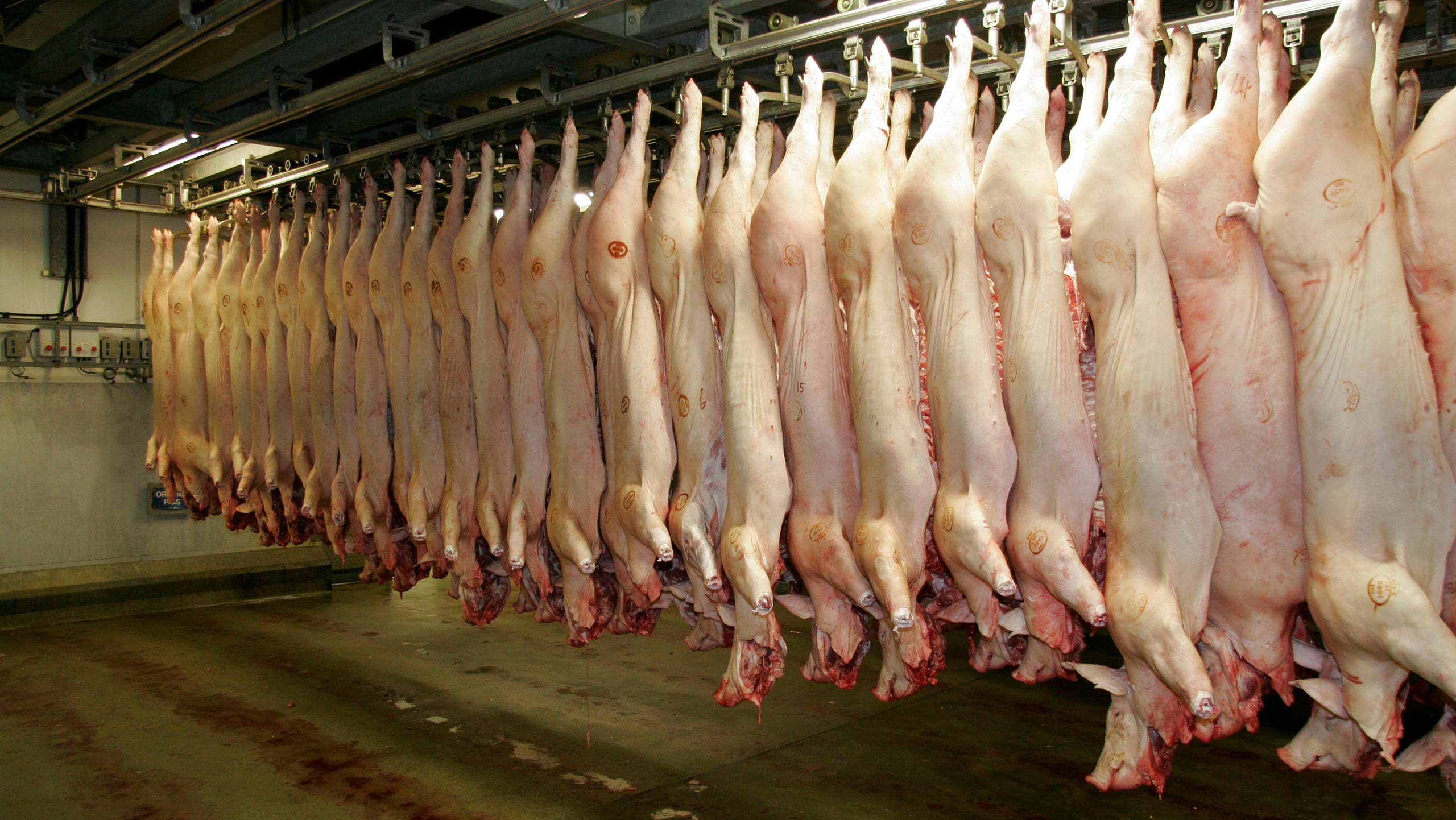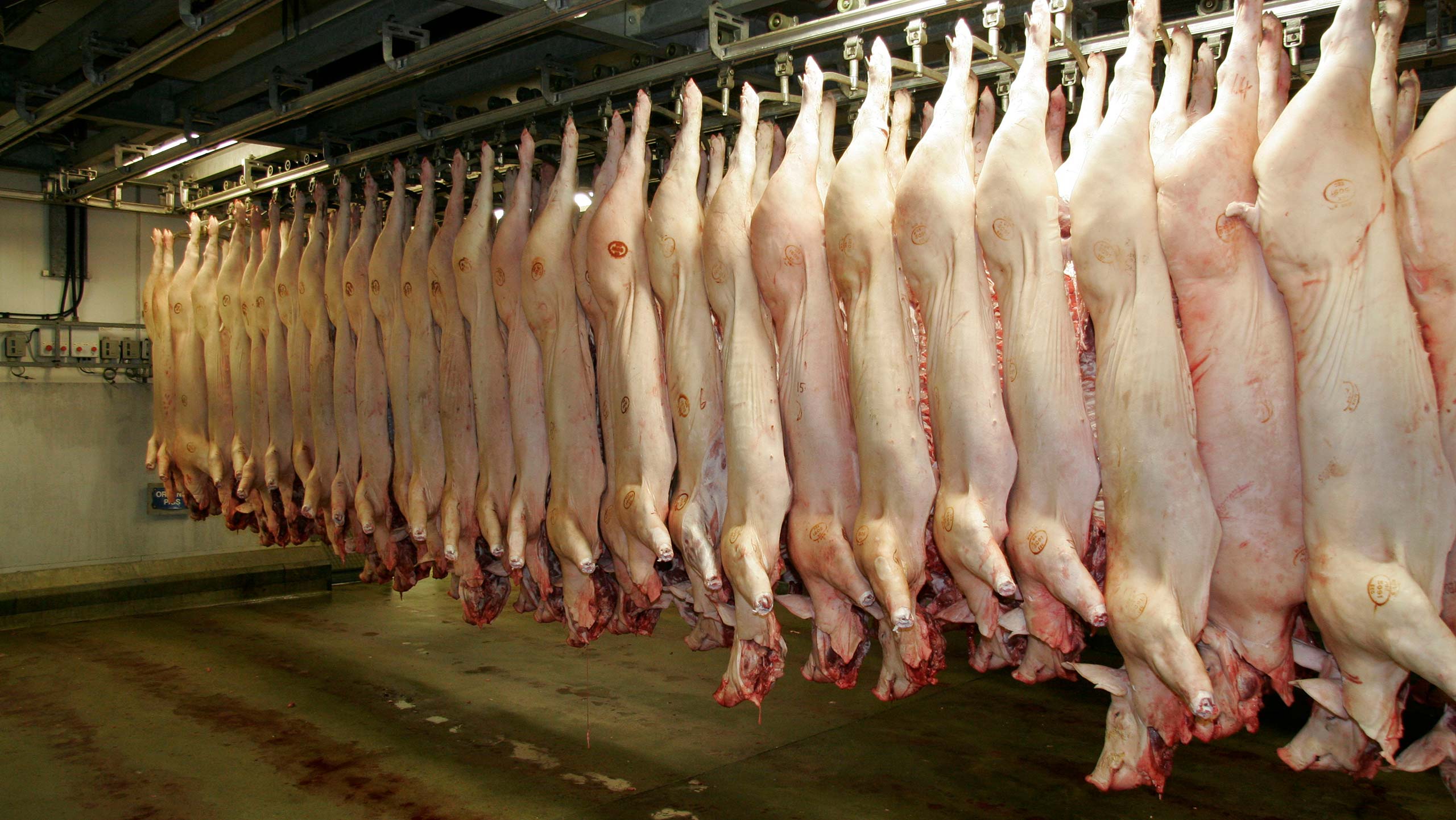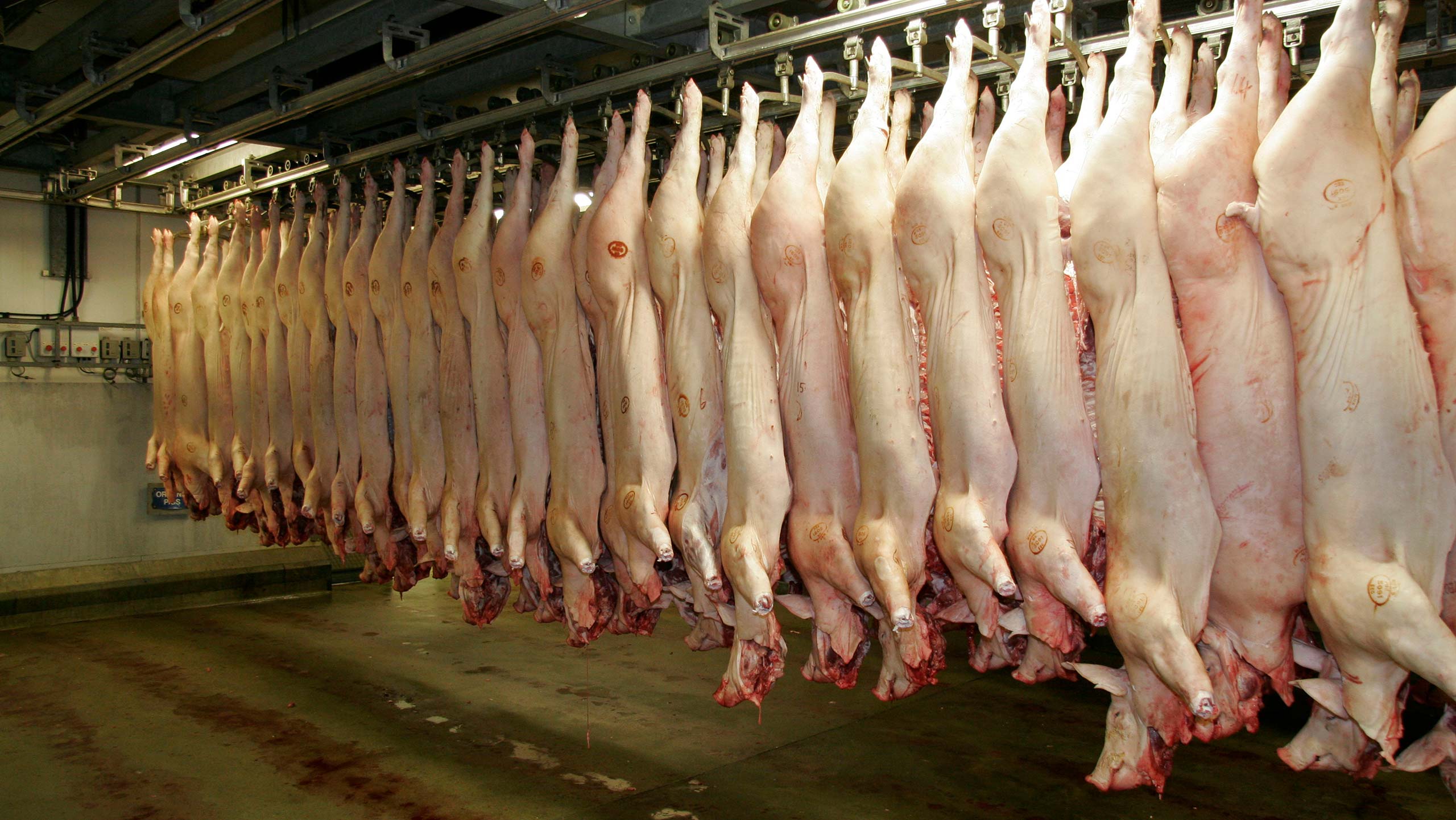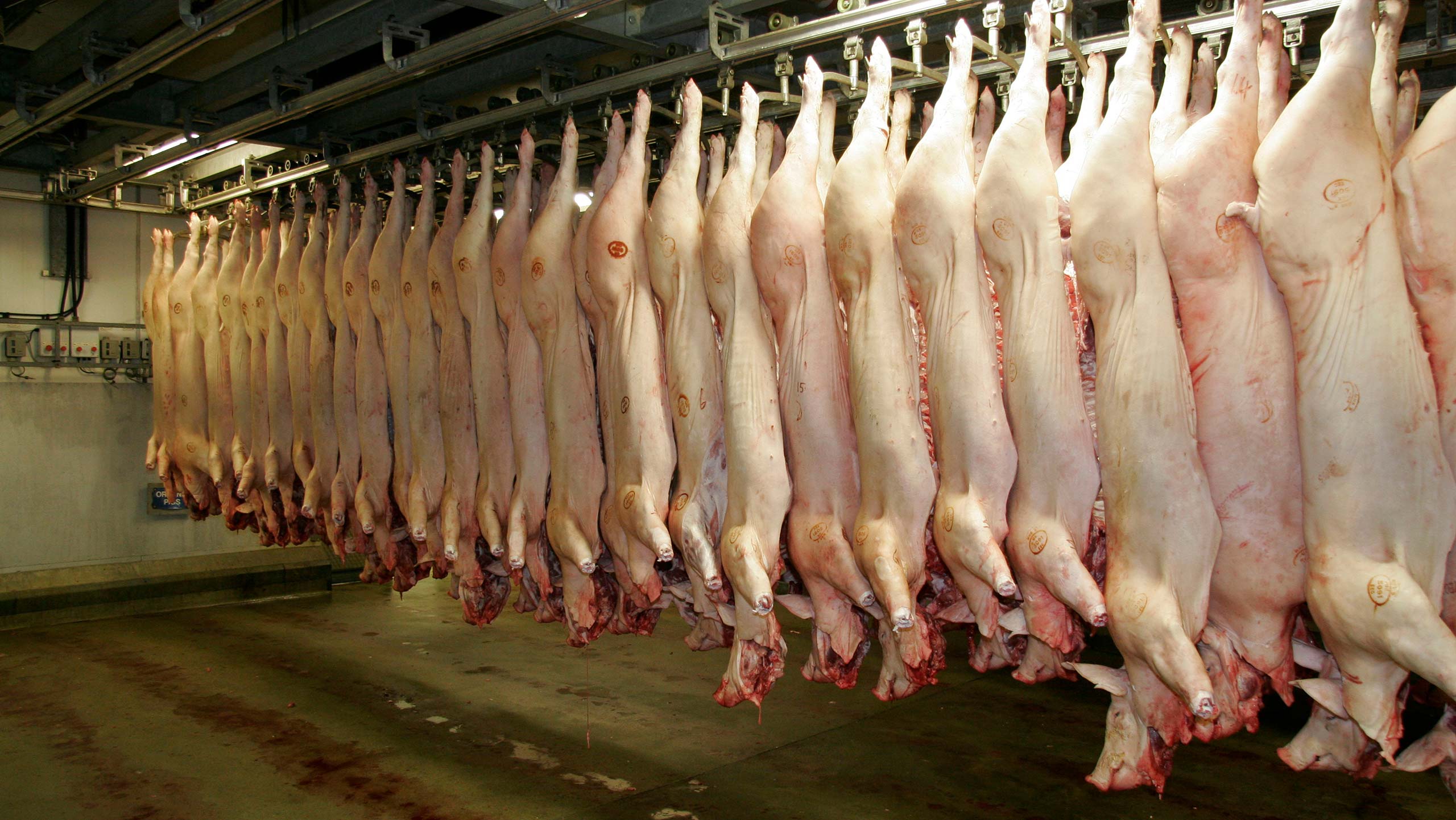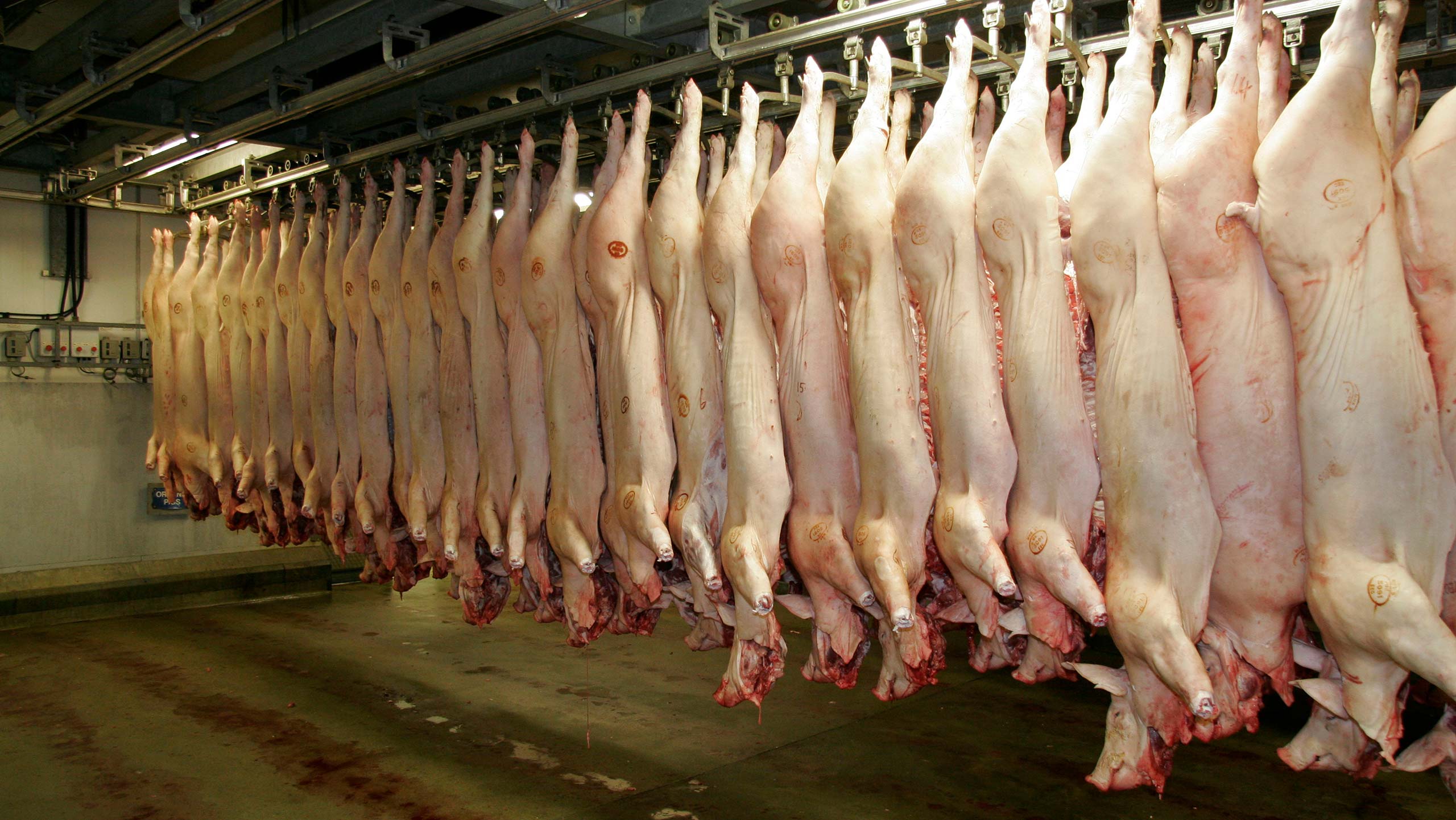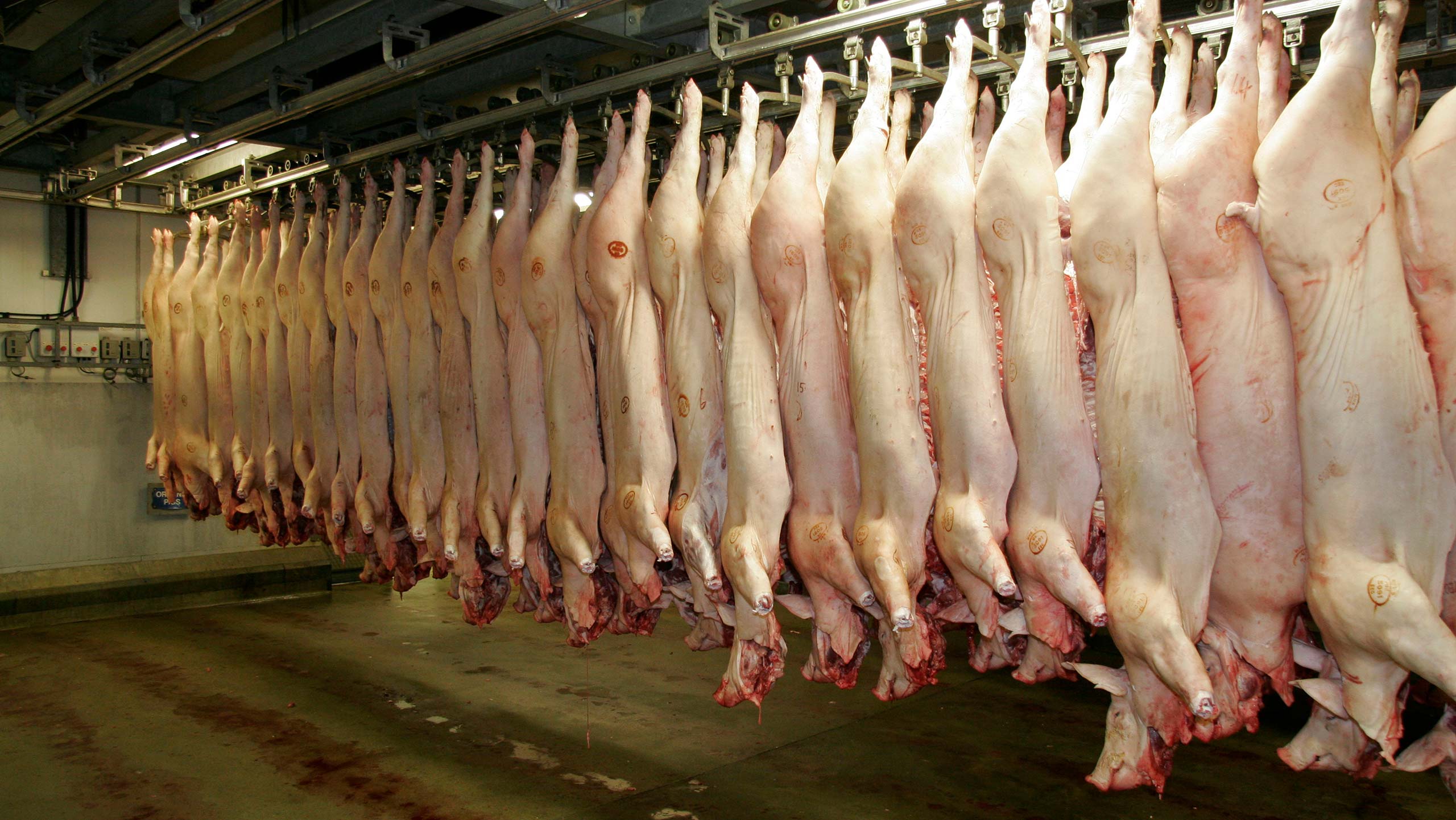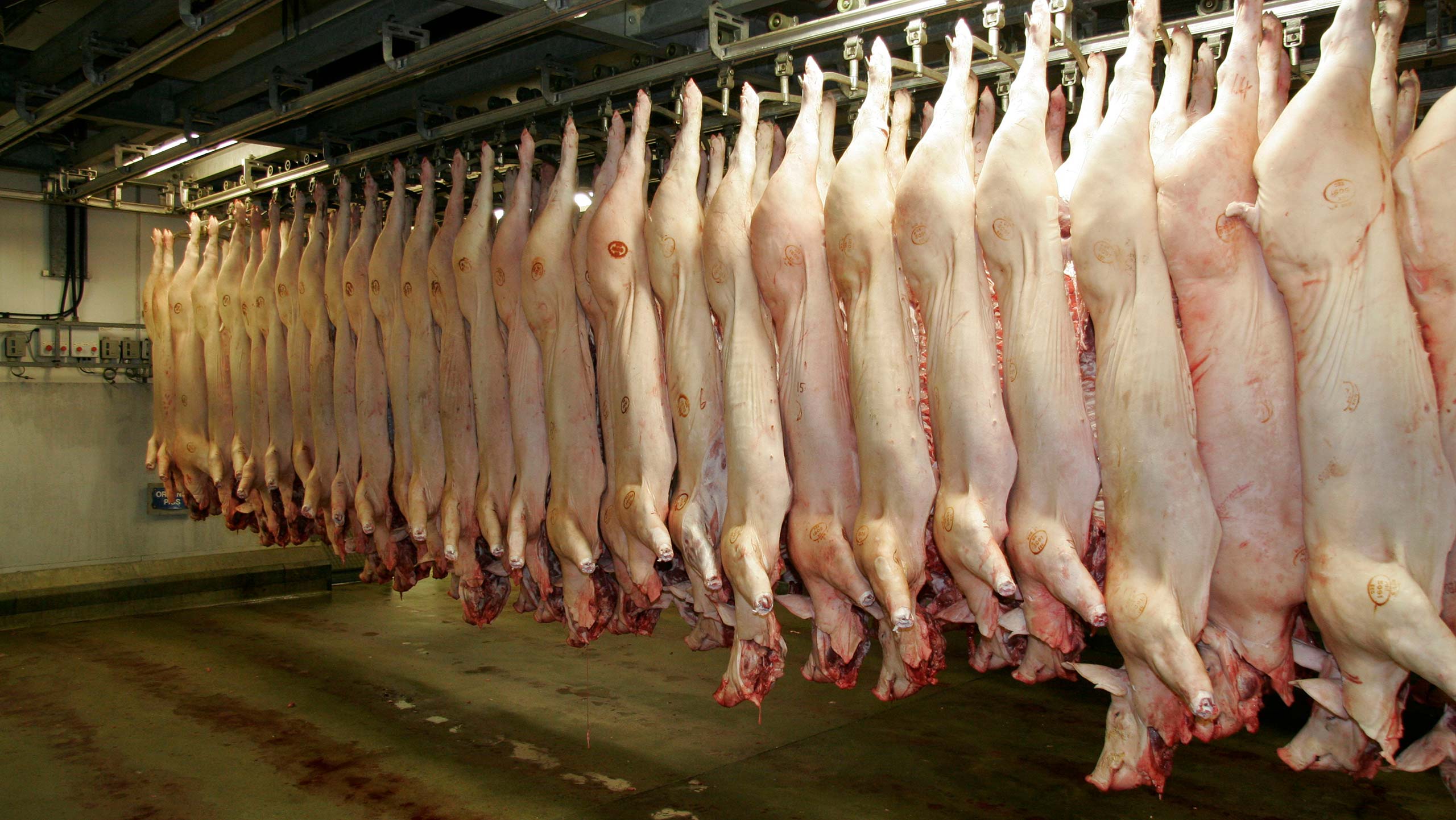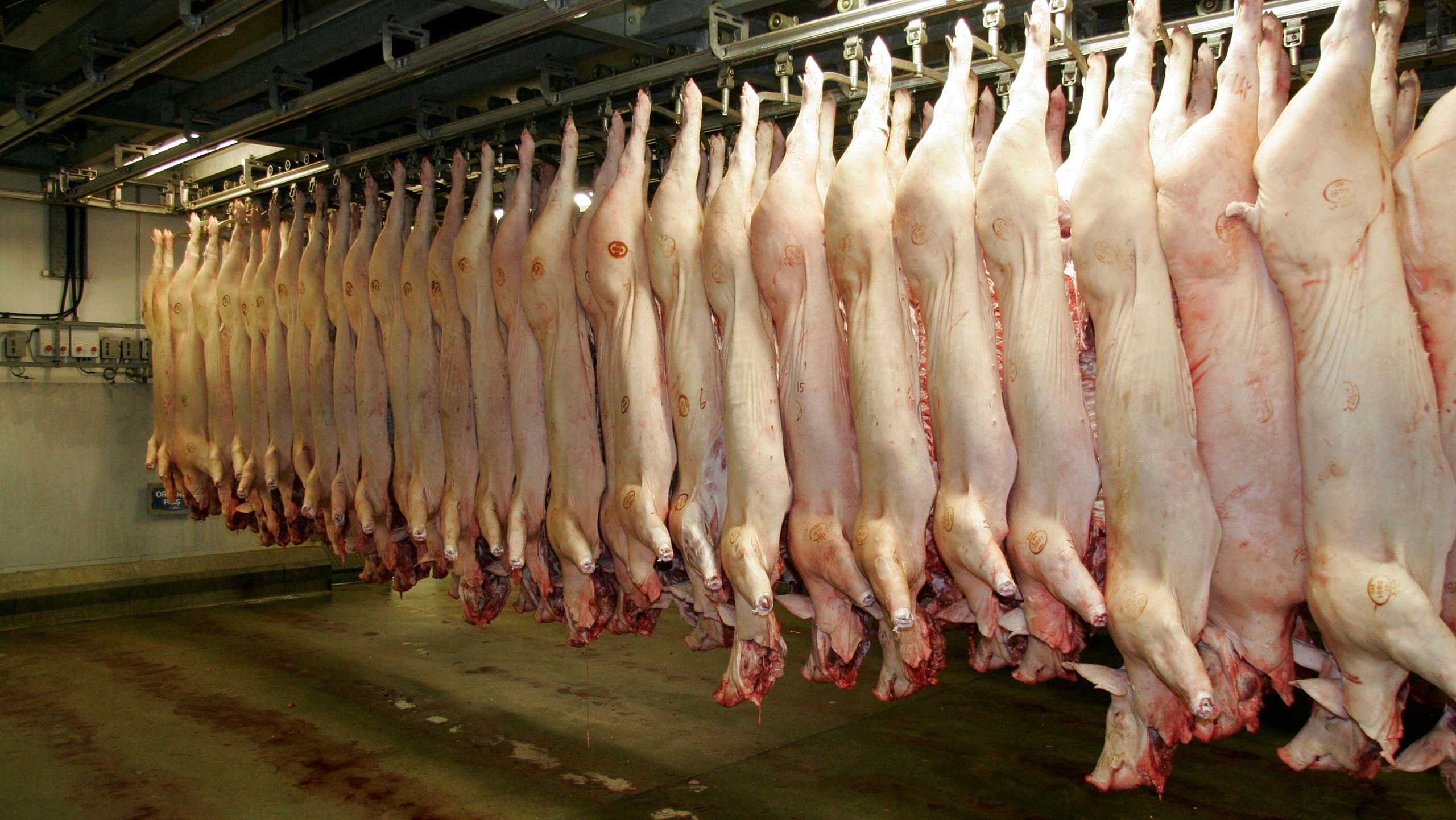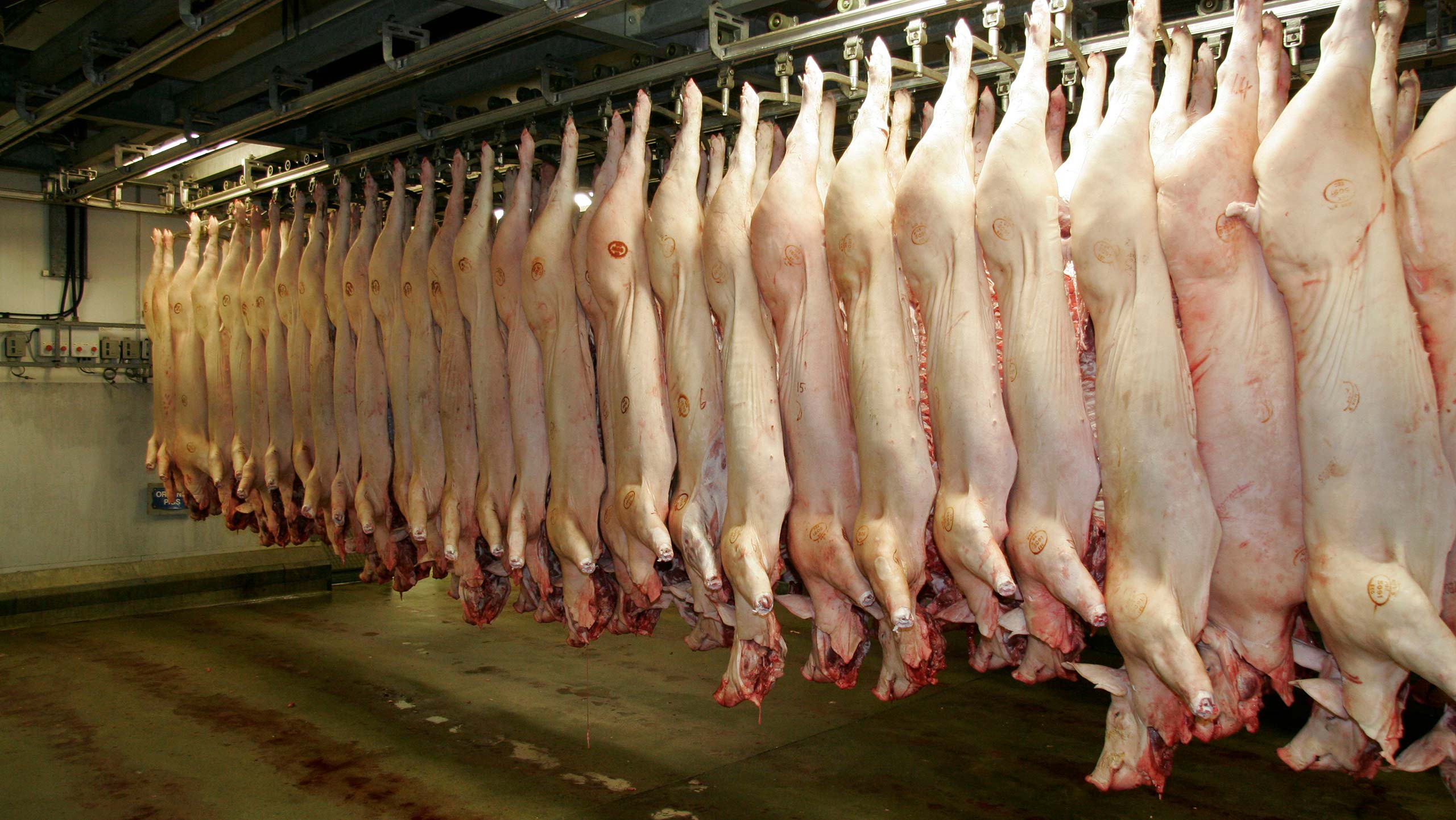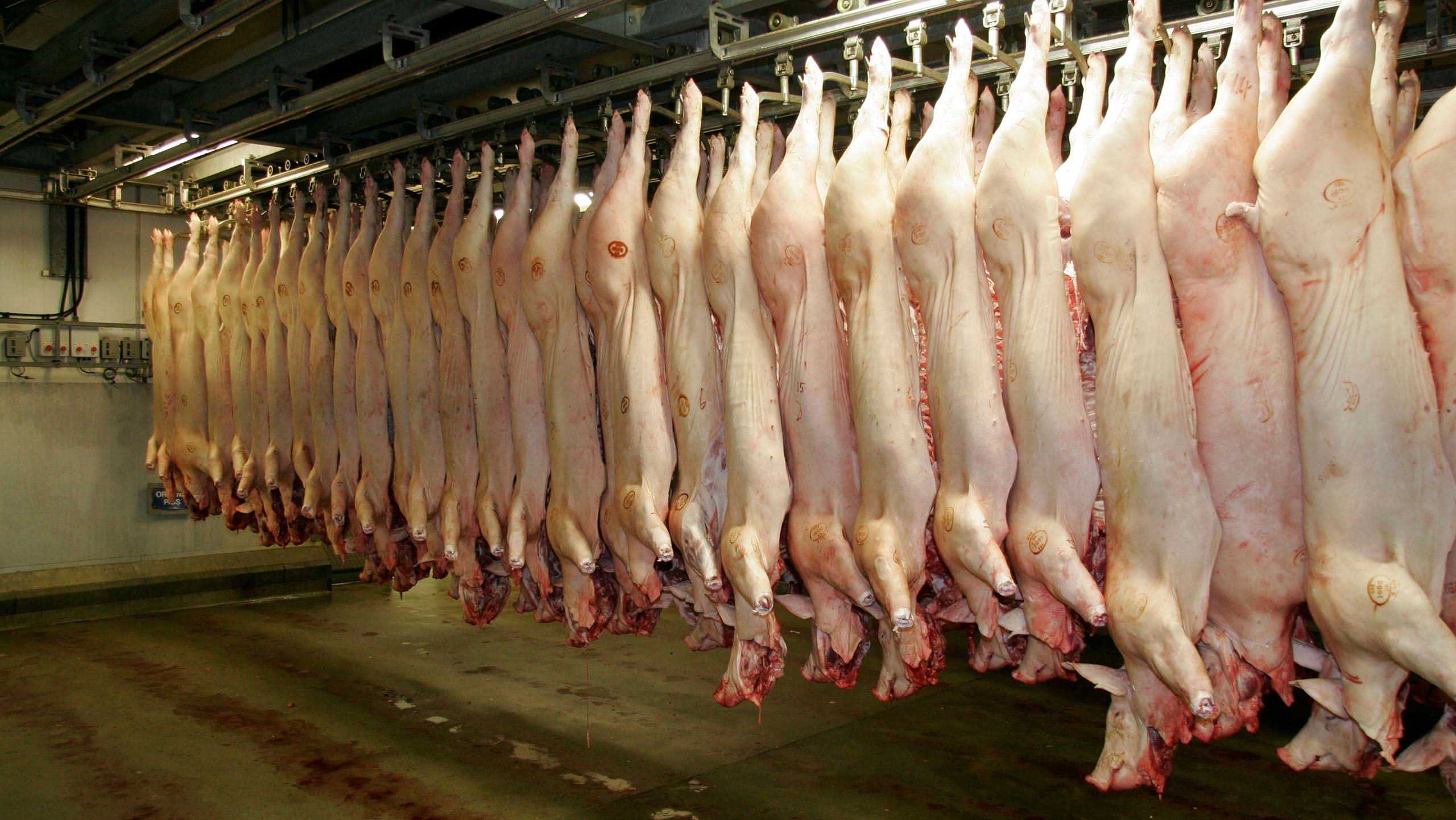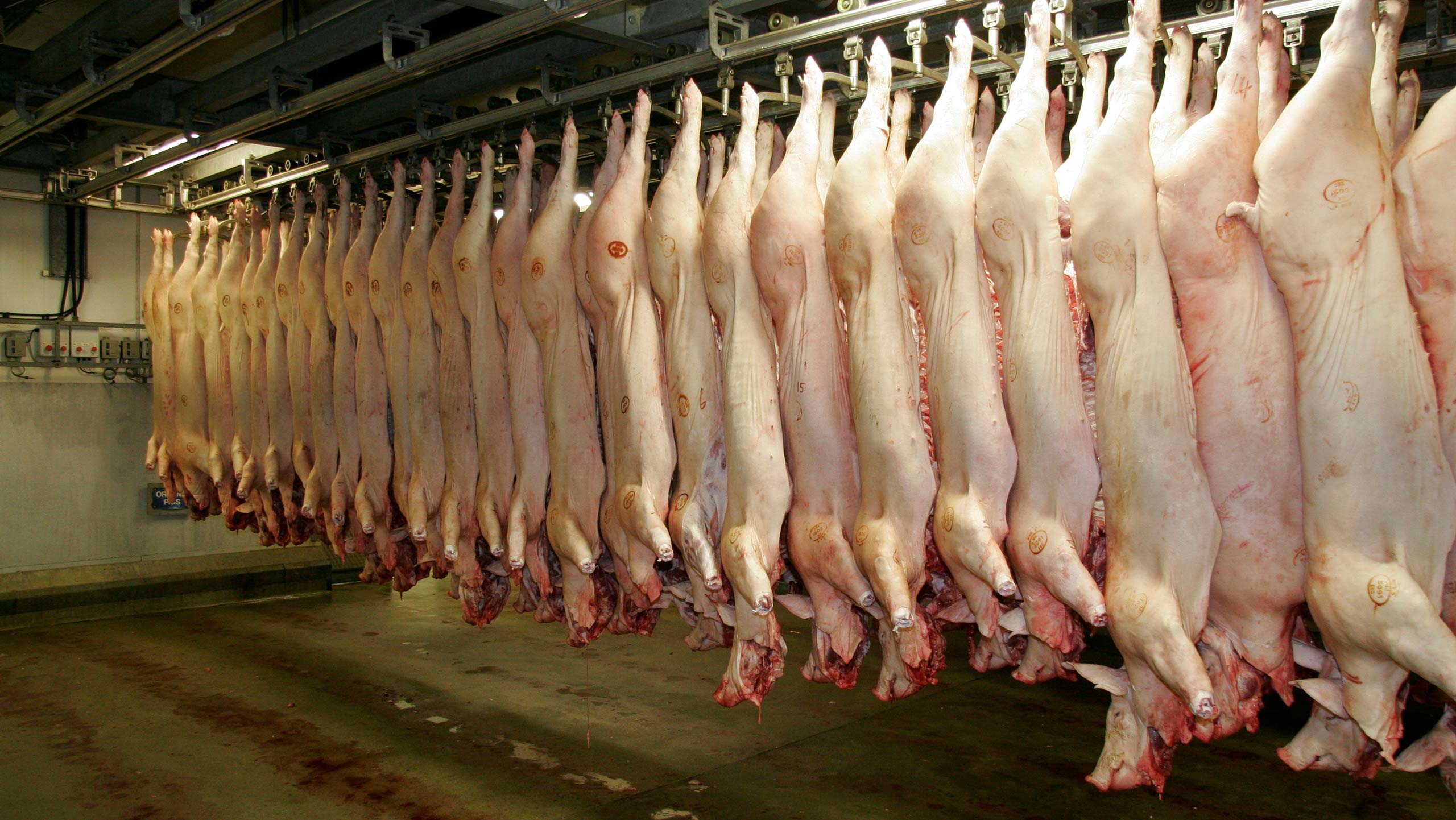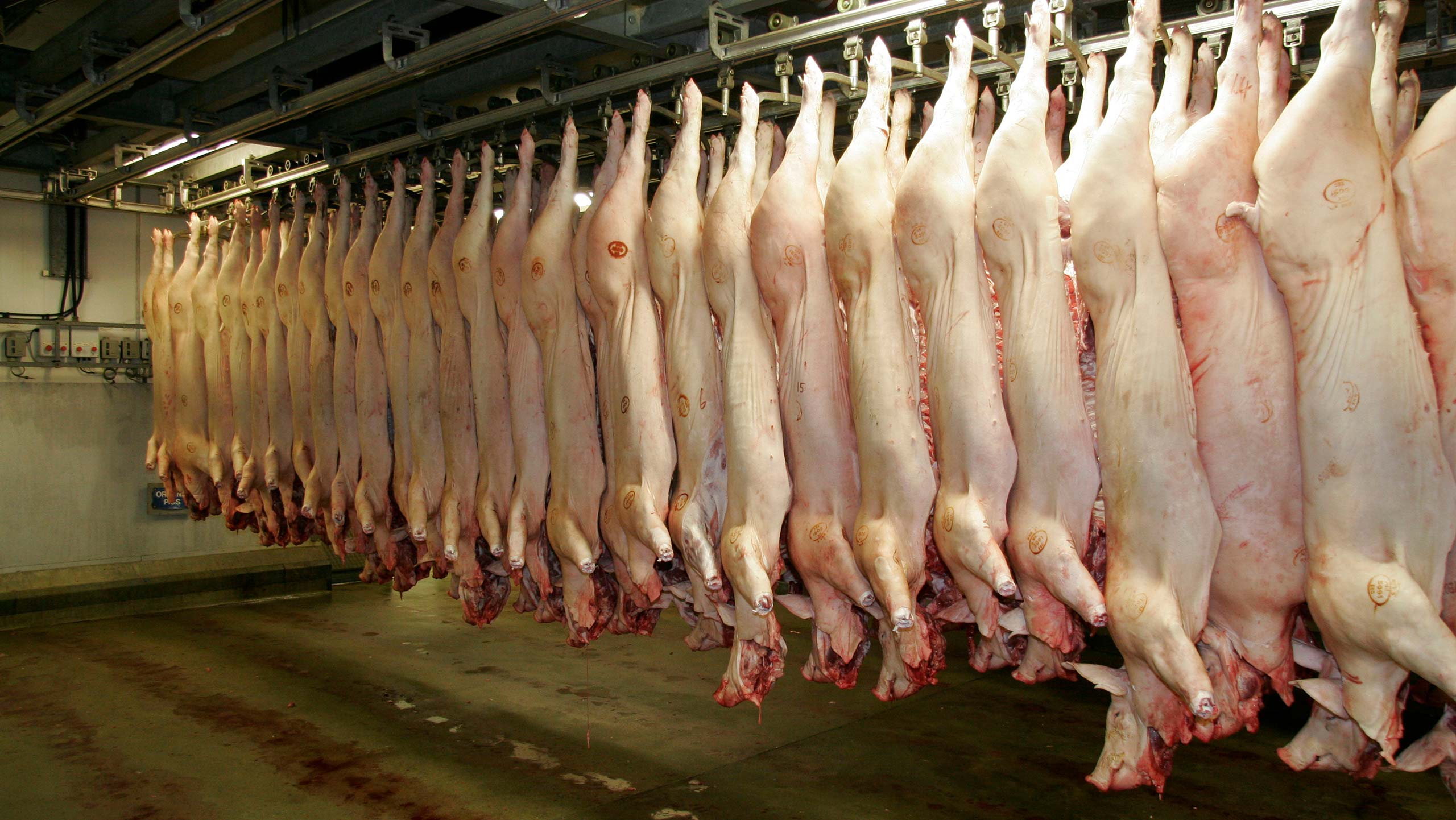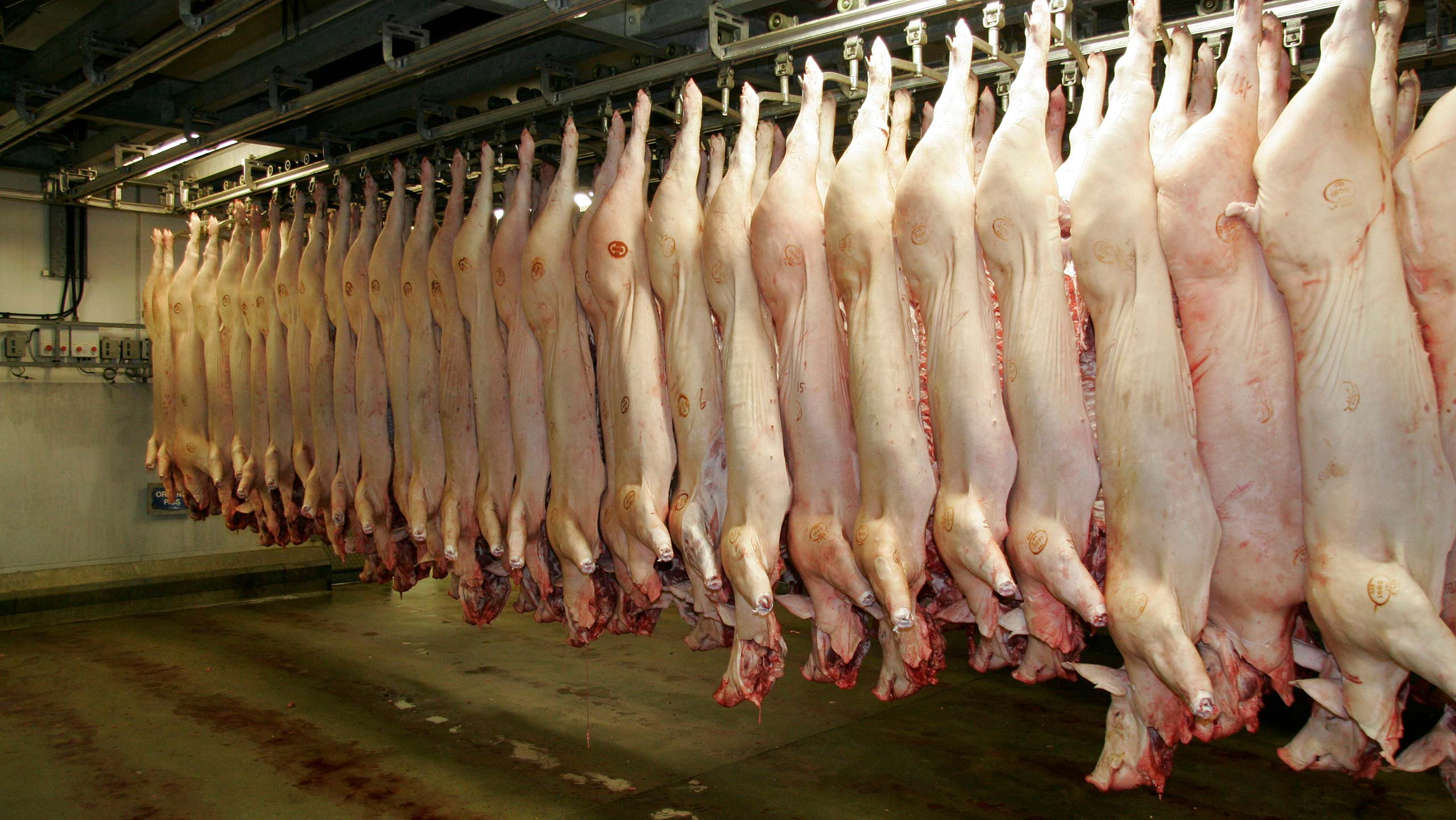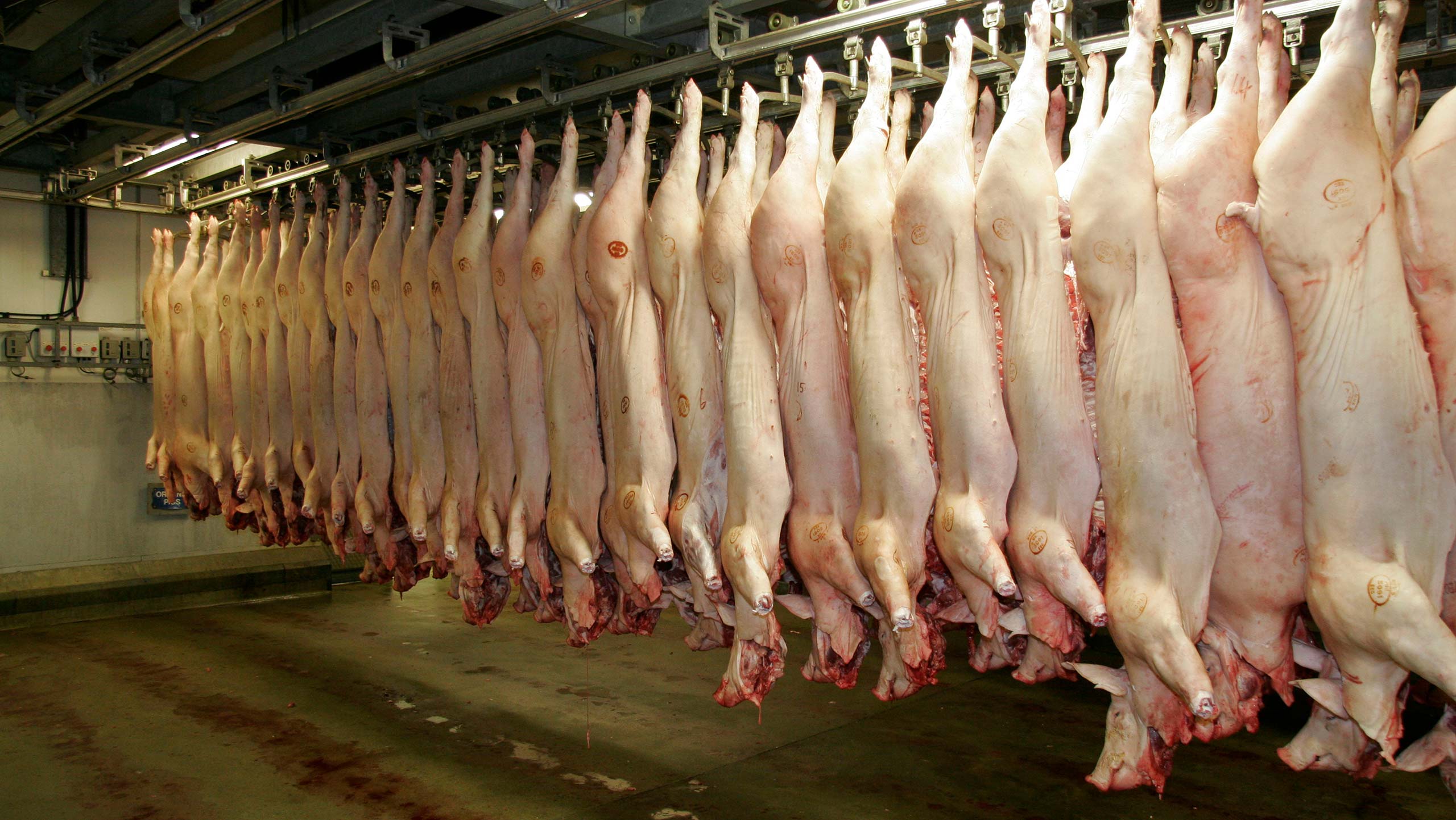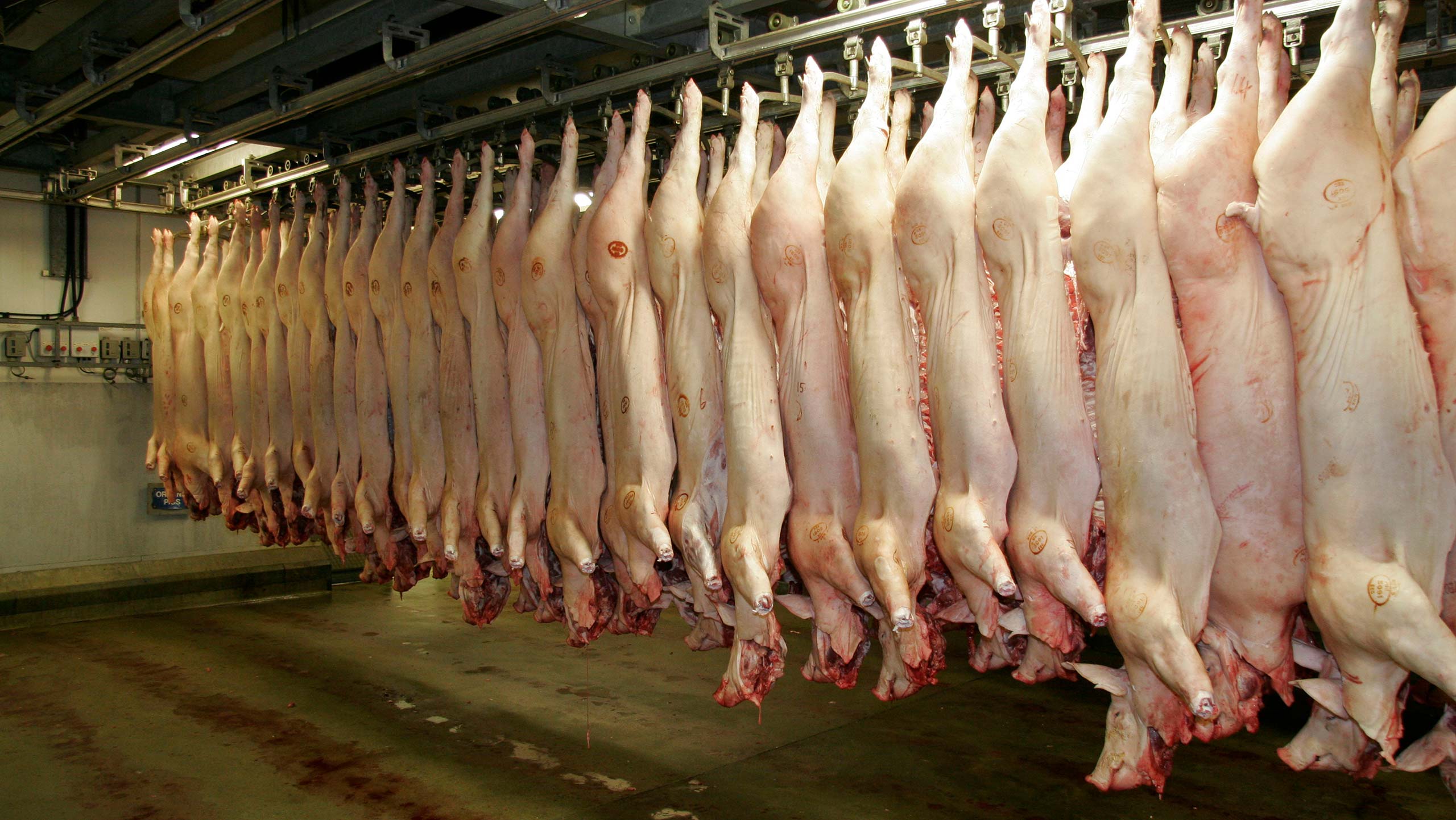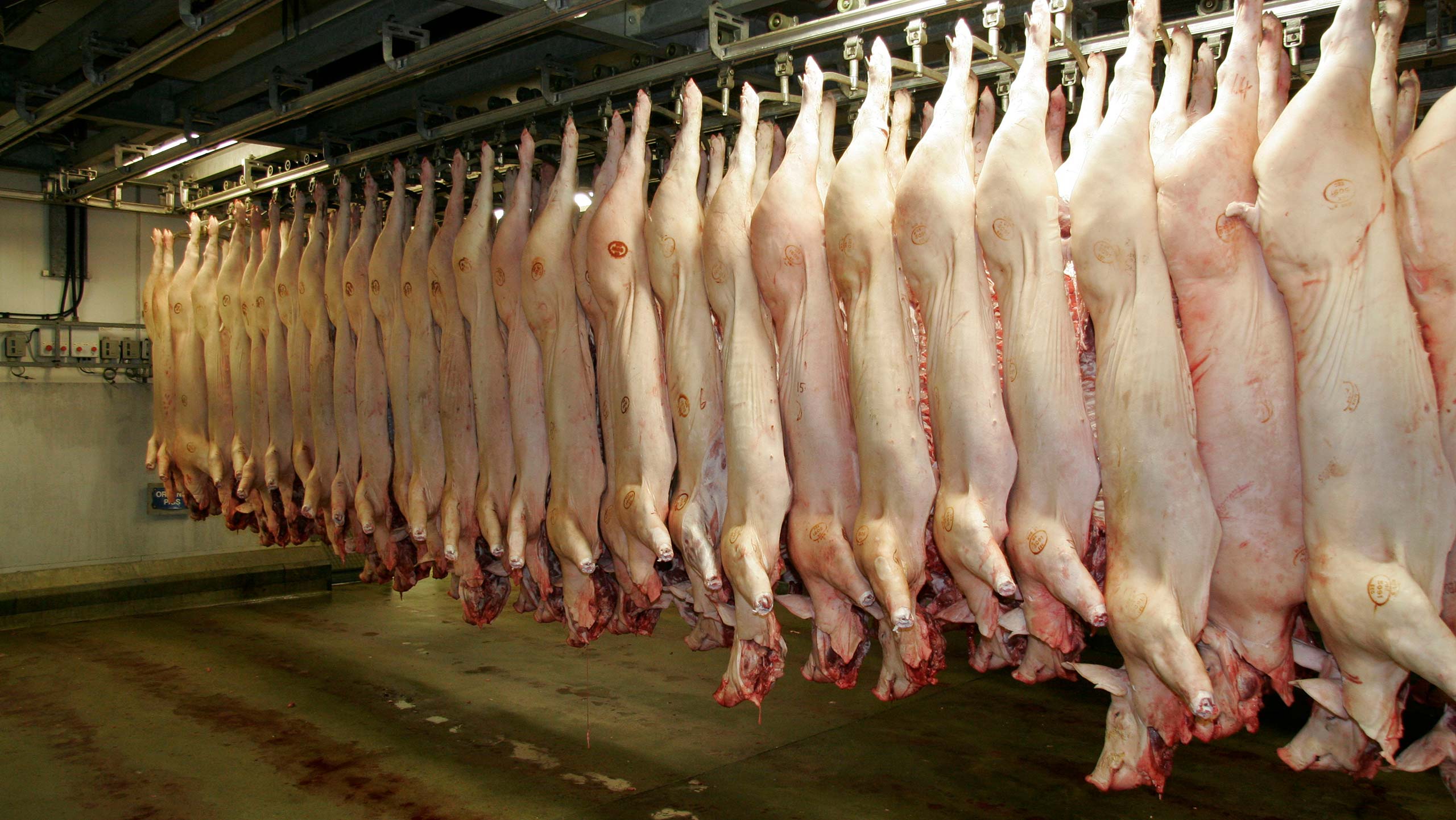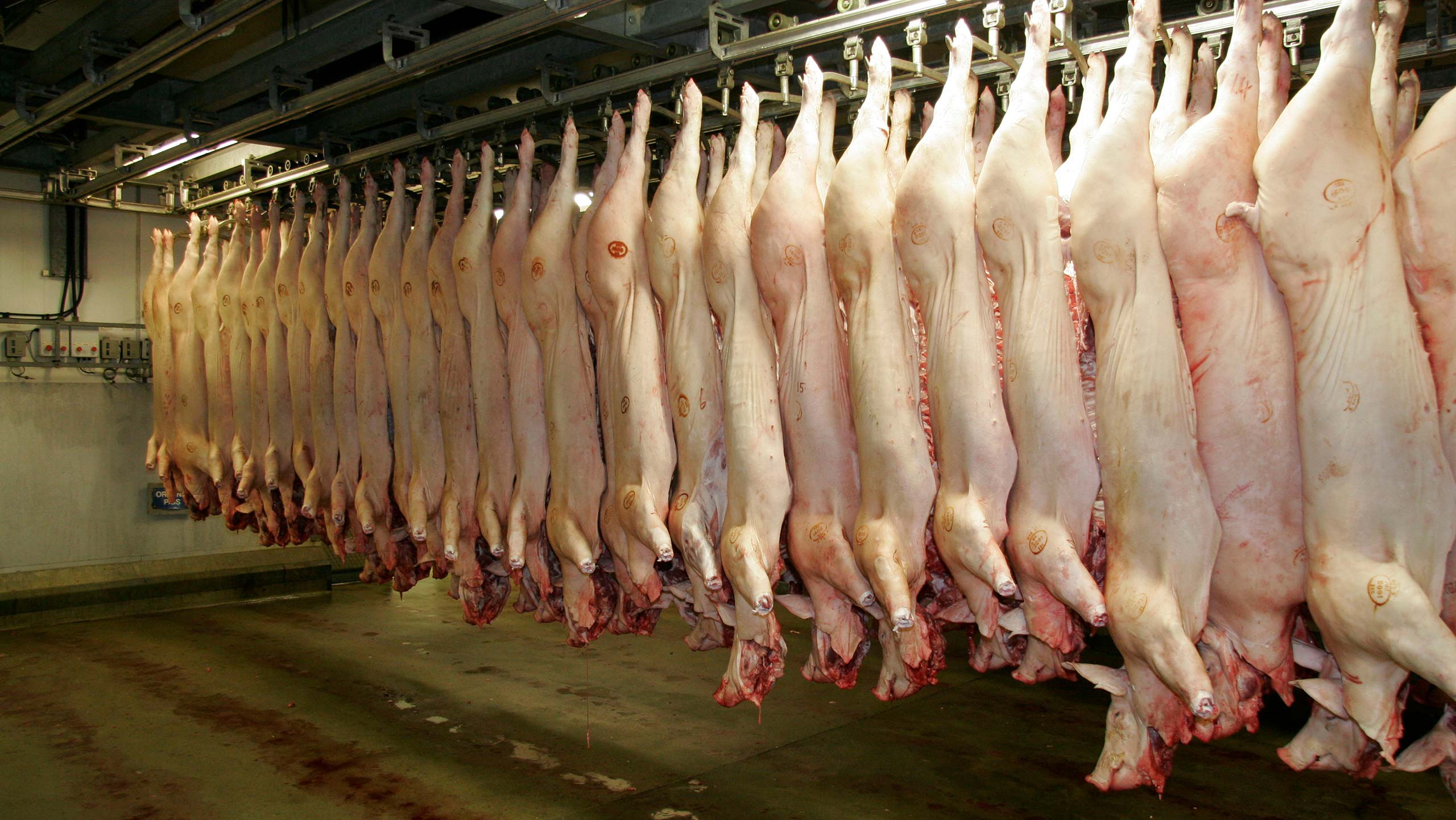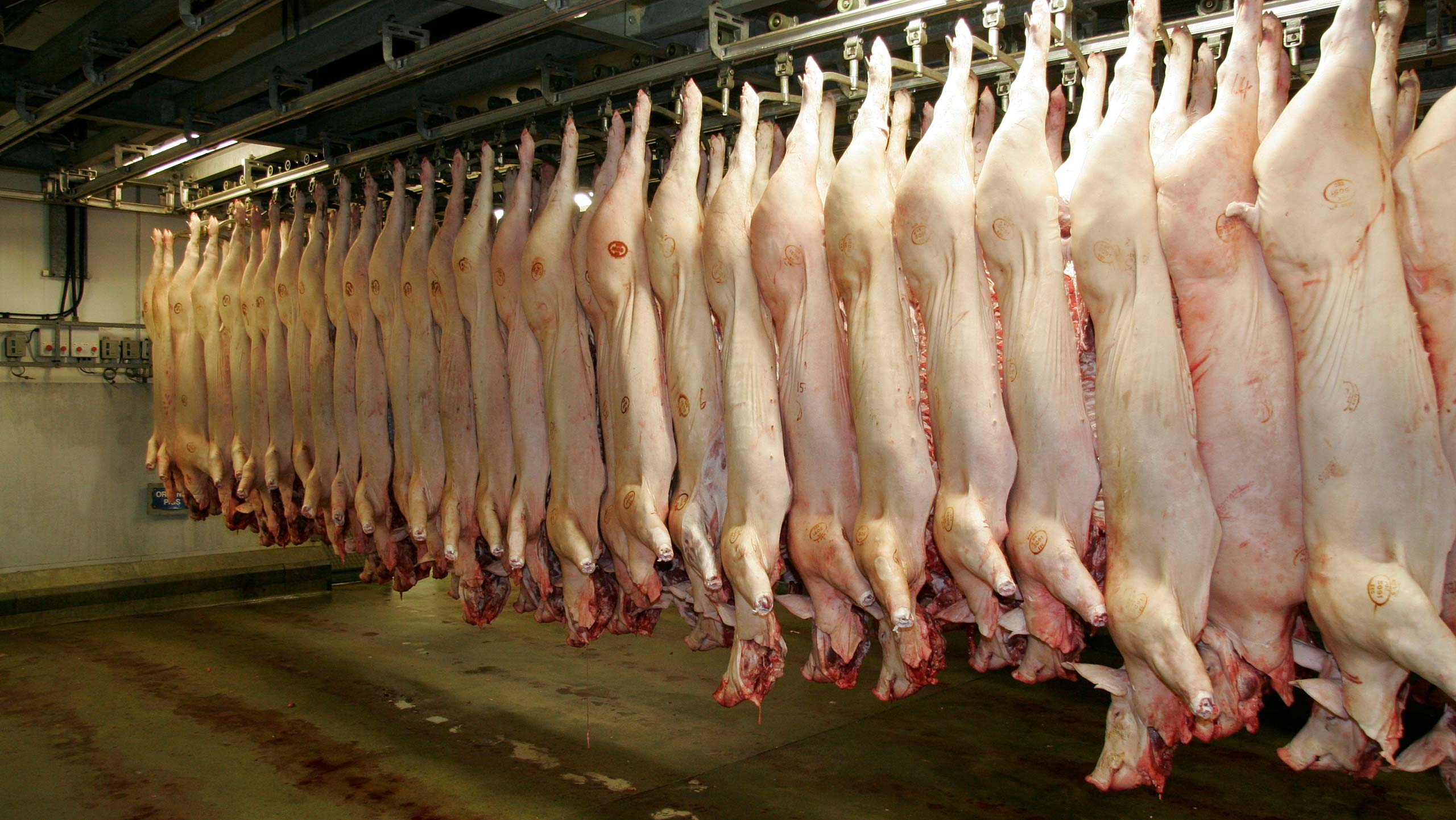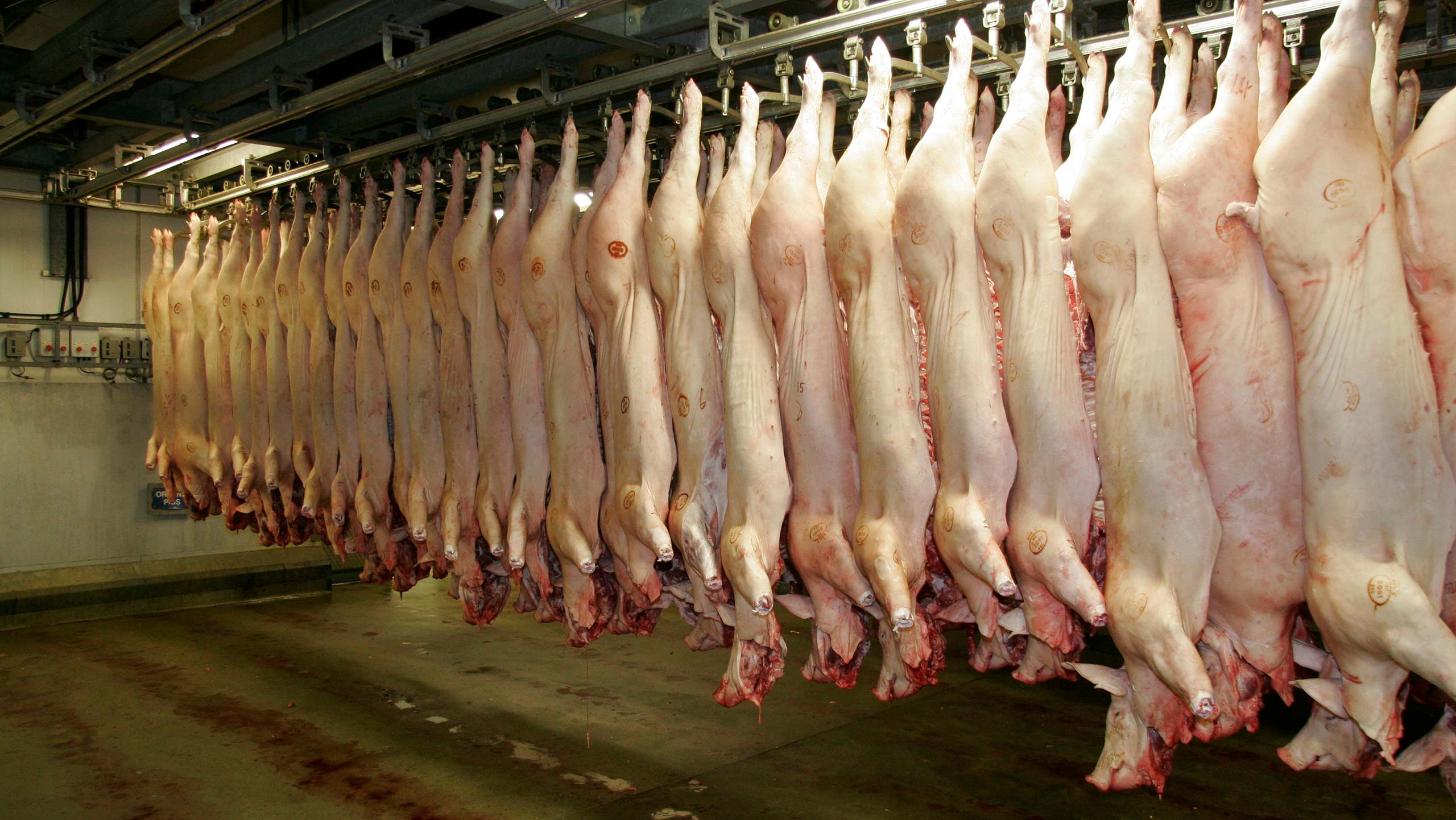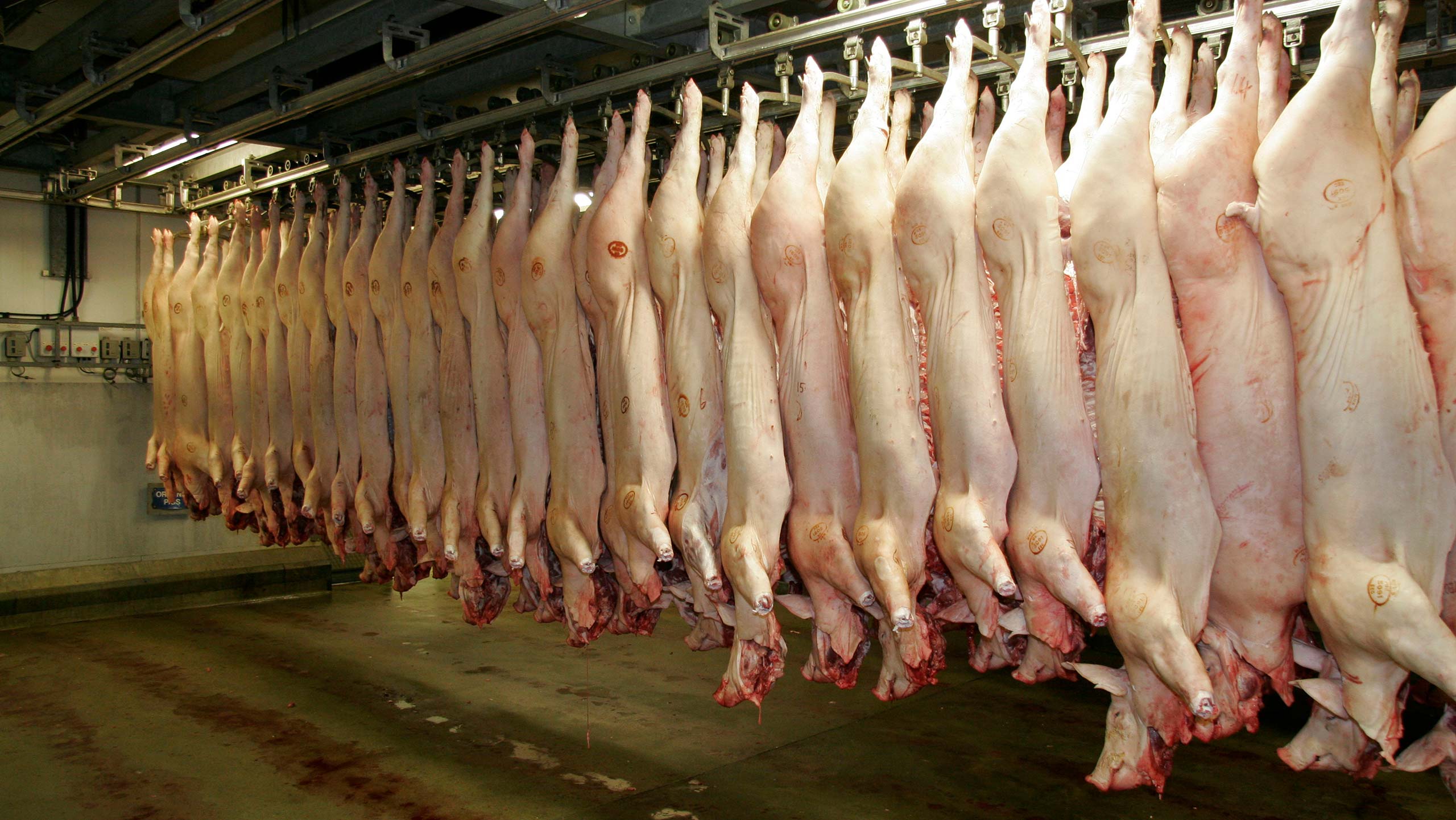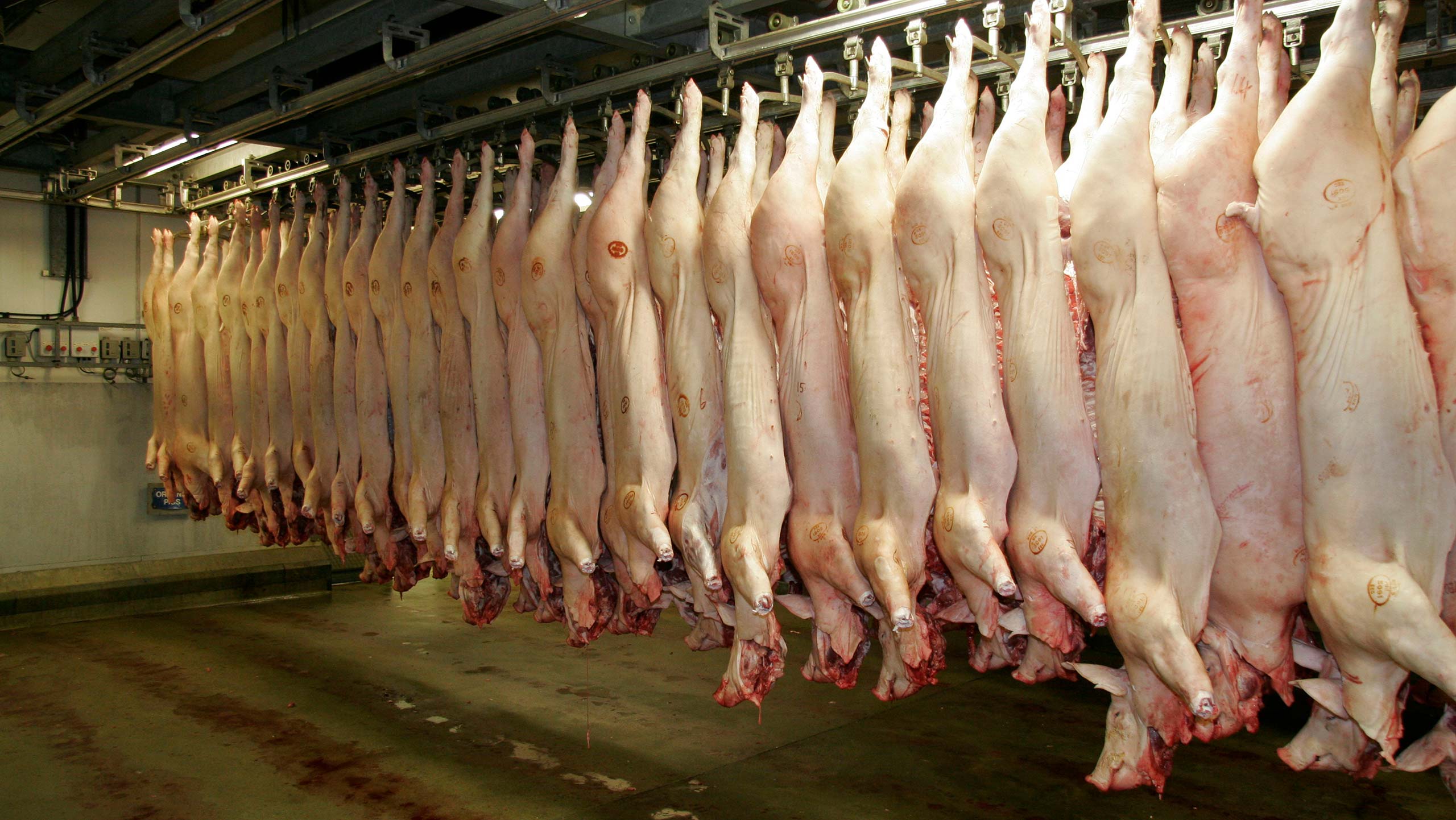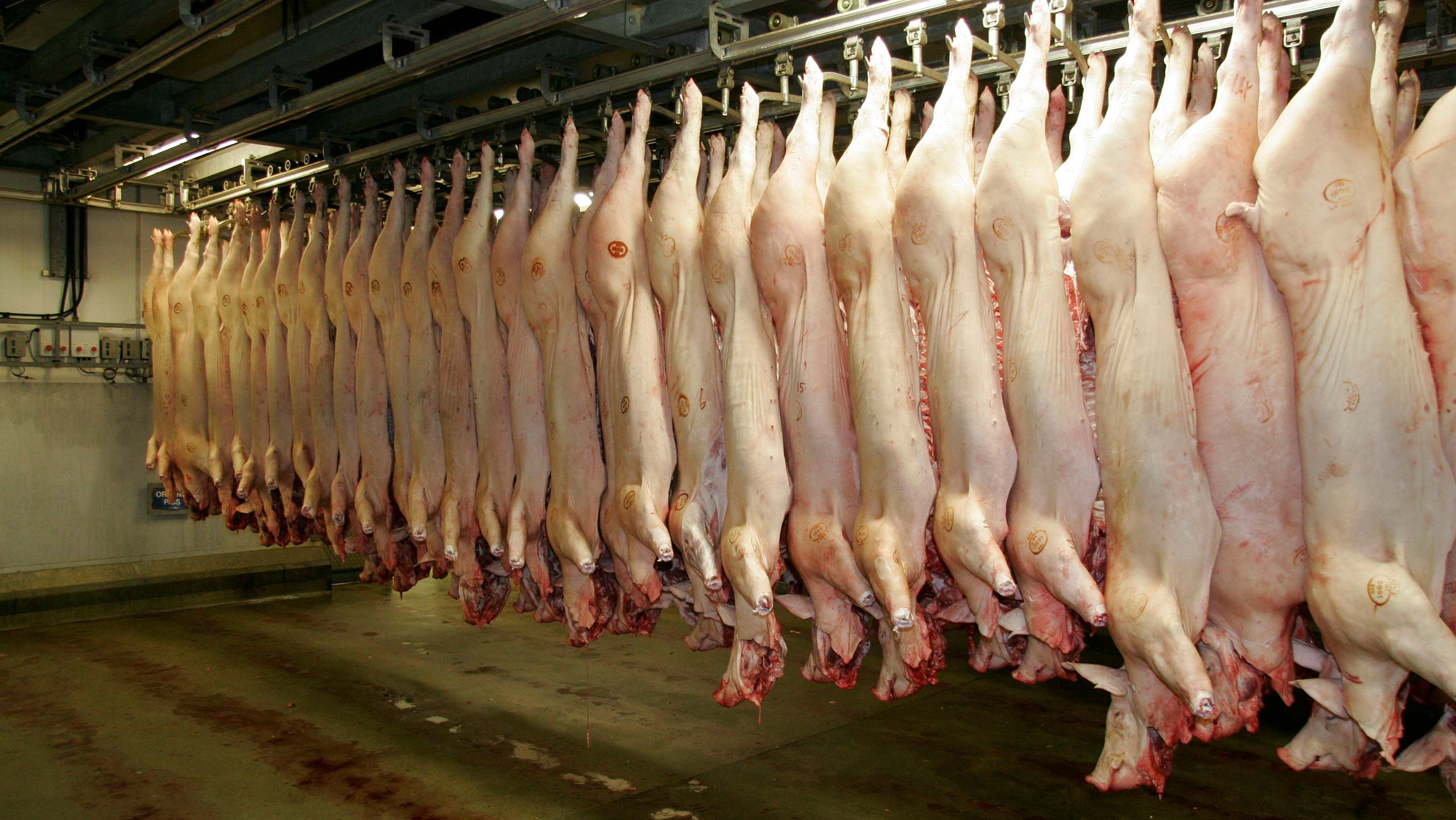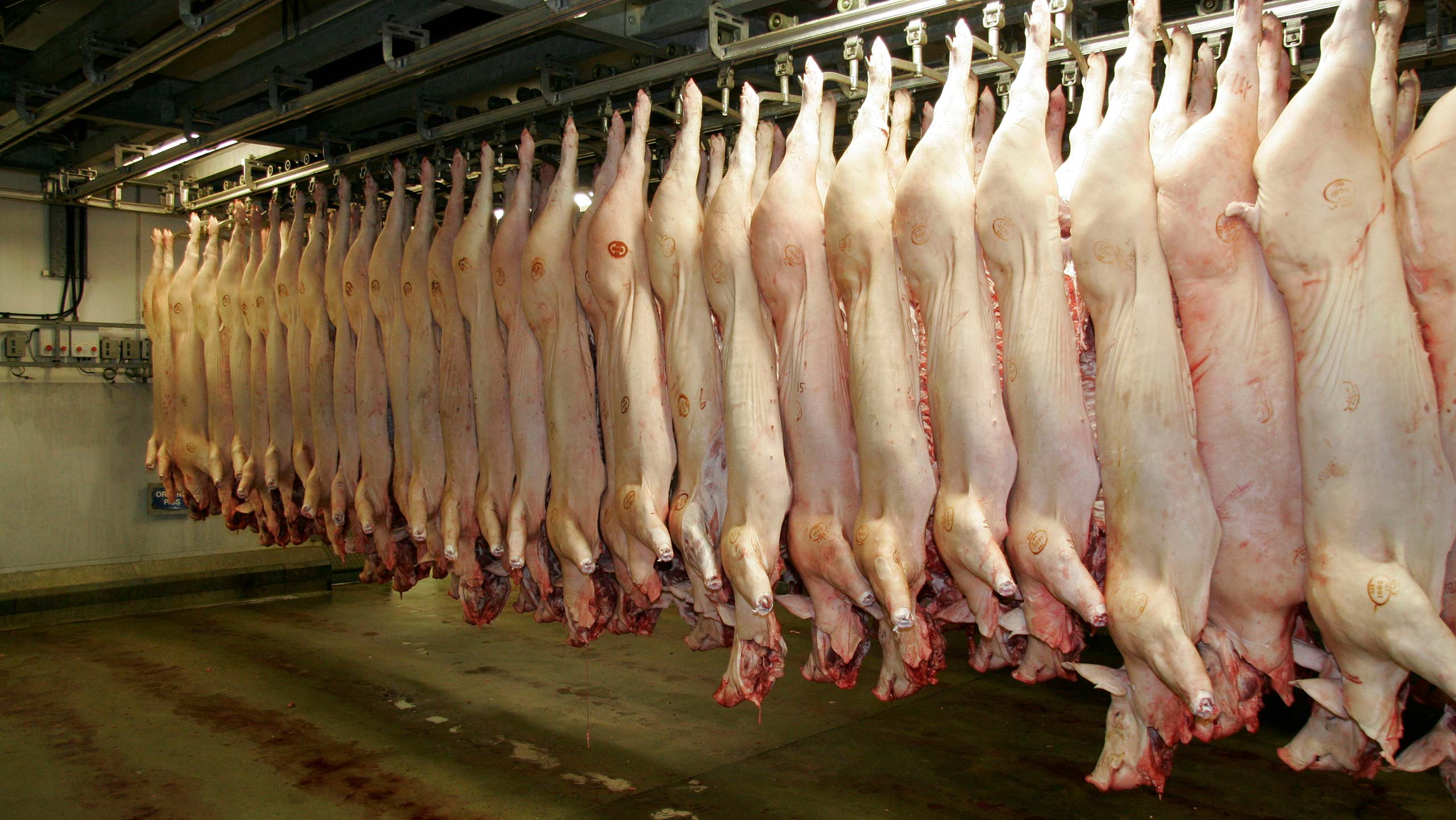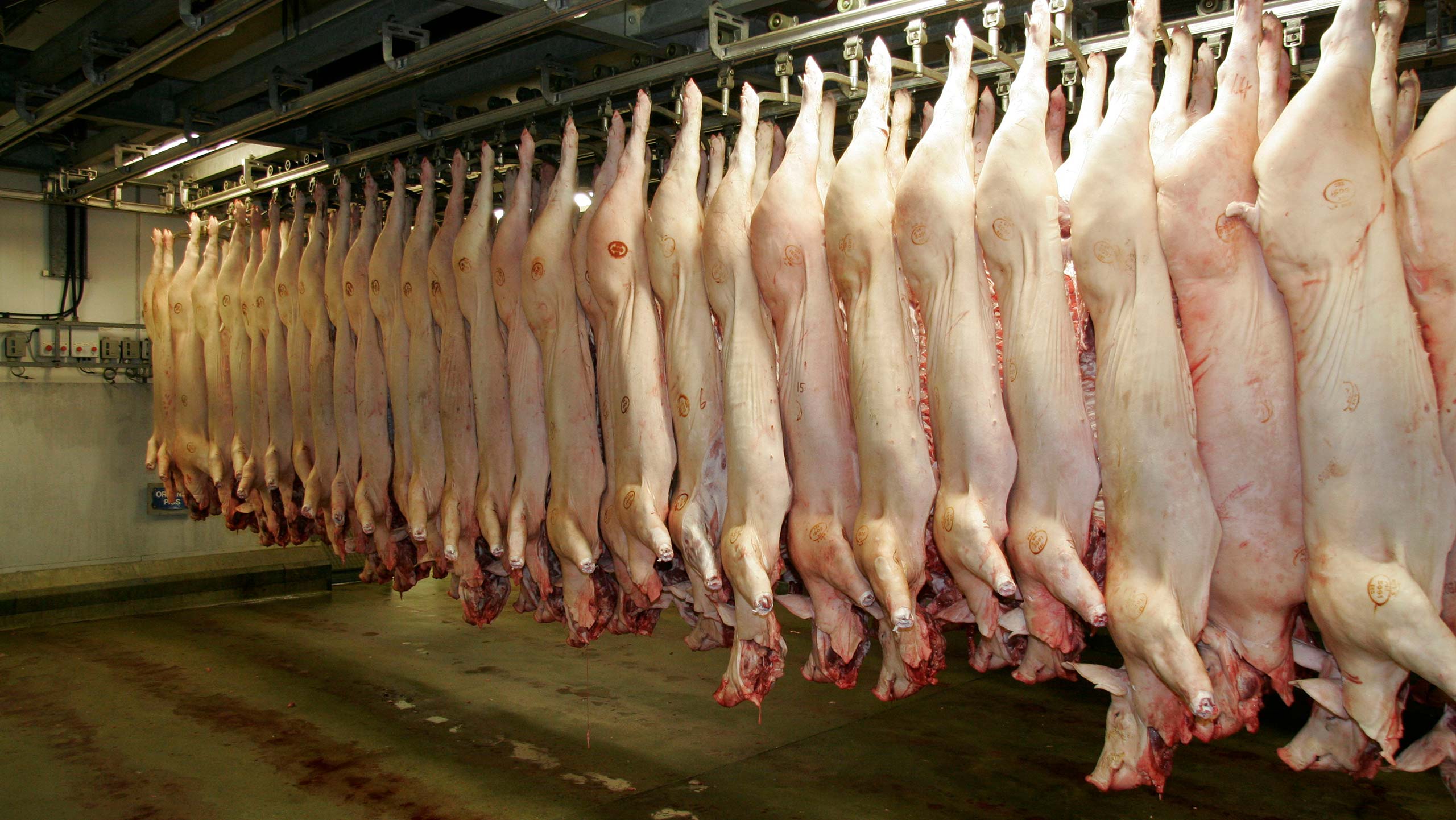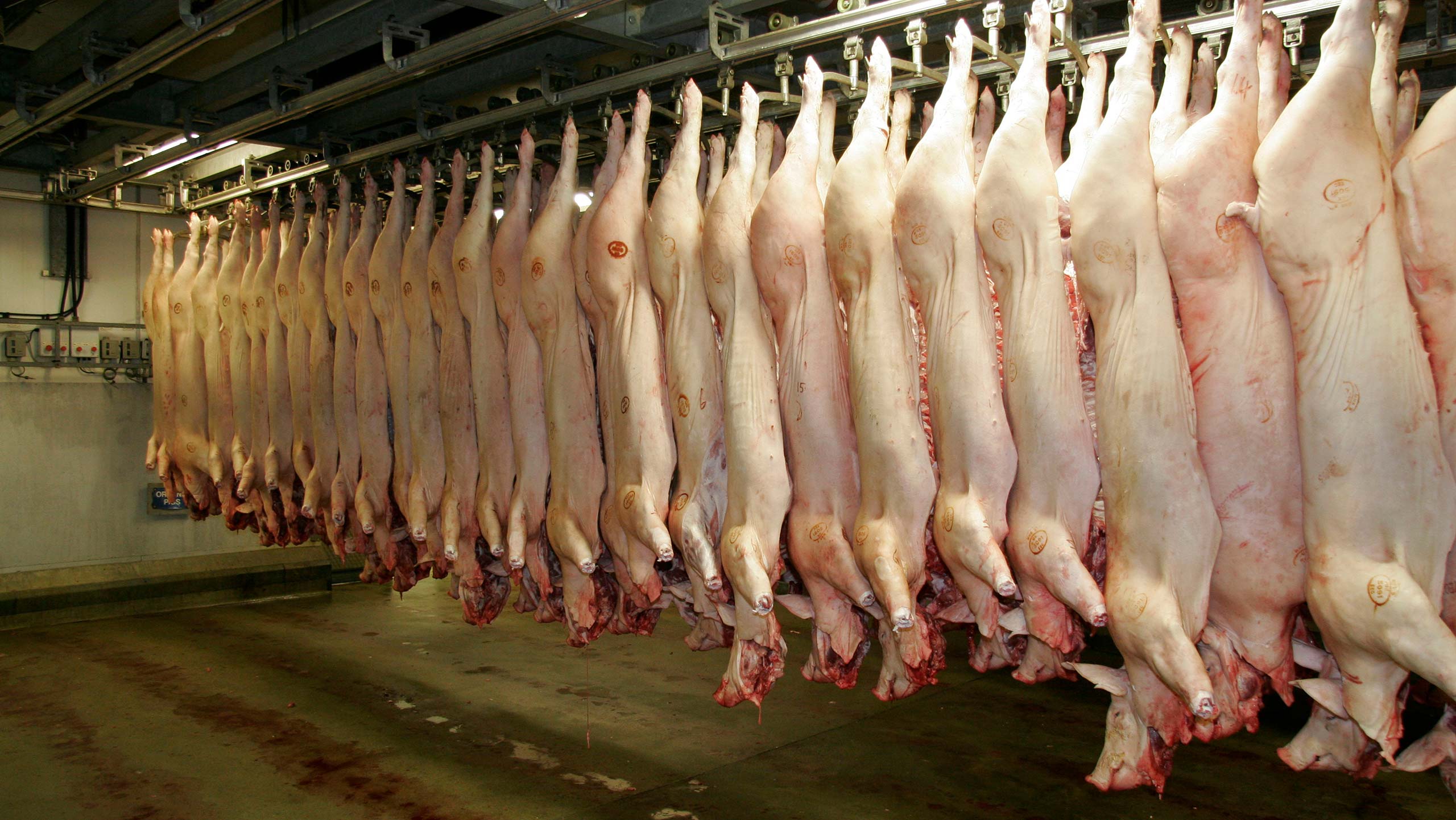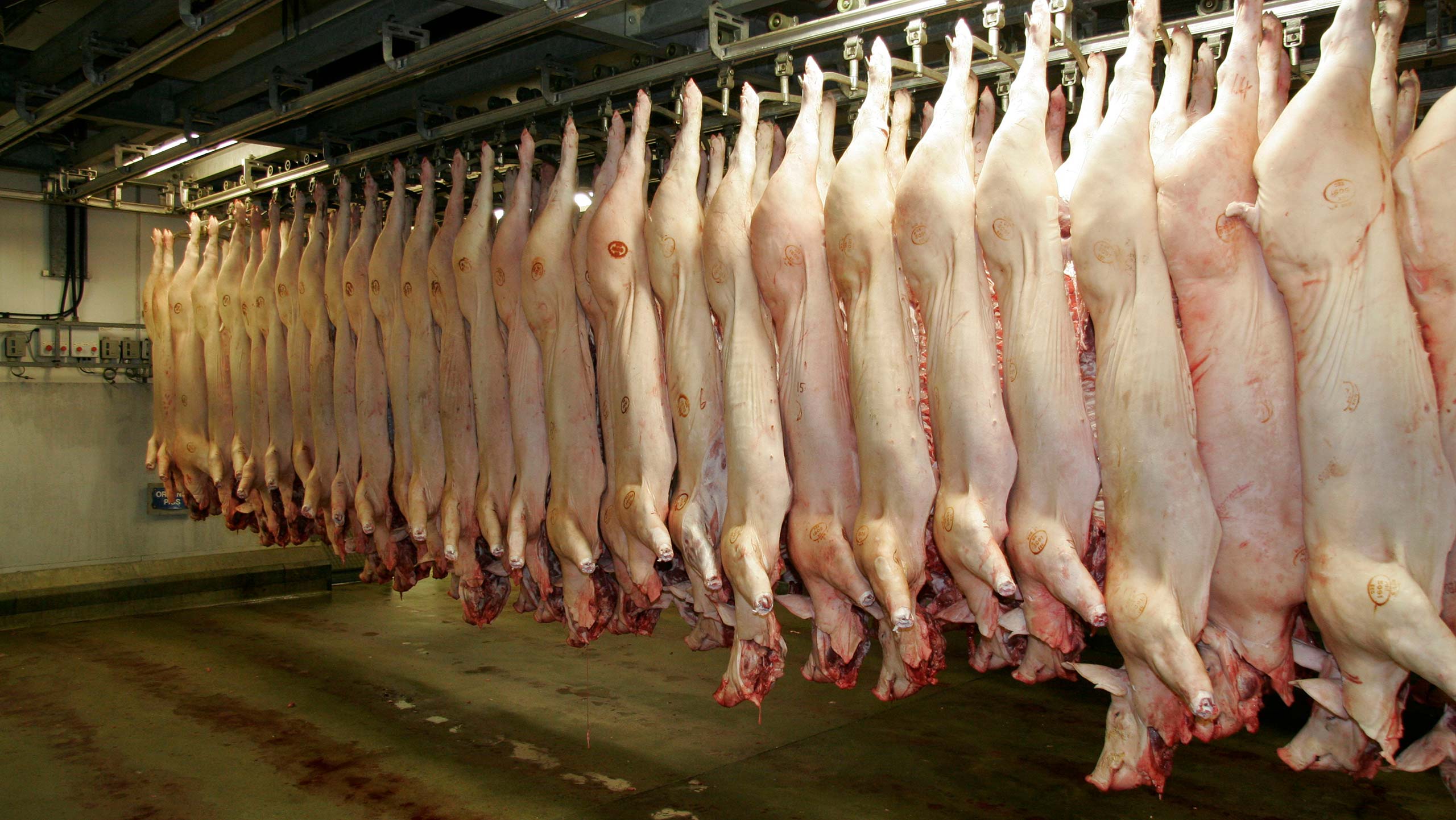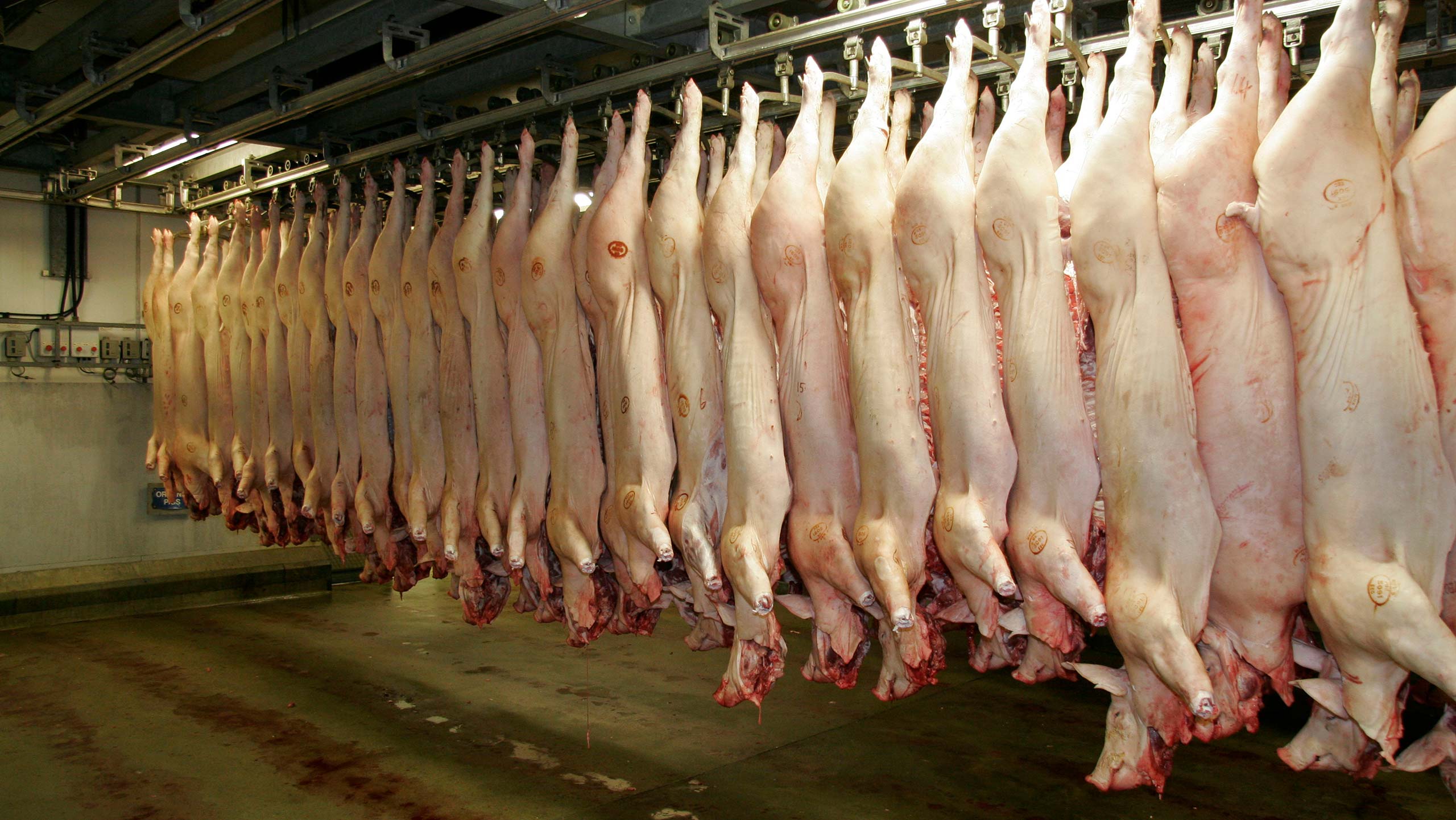When operating an abattoir, maintaining precise temperature control throughout your cold storage facilities isn't just about f…
Mobile Abattoir Insurance: Essential Coverage for On-Farm Slaughter Services
Mobile abattoirs provide a vital service to farmers and livestock producers across the UK, offering on-farm slaughter that reduces animal stress and transportation costs. However, operating a mobile abattoir presents unique risks that require specialized insurance coverage beyond standard commercial policies.
Understanding Mobile Abattoir Operations
Mobile abattoirs are purpose-built vehicles equipped with slaughter facilities that travel directly to farms. These operations must comply with strict Food Standards Agency regulations while managing the inherent risks of livestock handling, meat processing, and mobile operations.
Key Insurance Risks for Mobile Abattoirs
Vehicle and Equipment Coverage
Mobile abattoir vehicles represent significant capital investments, often exceeding £200,000. Standard commercial vehicle insurance may not adequately cover specialized slaughter equipment, refrigeration systems, and processing machinery. Equipment breakdown can result in substantial business interruption costs and potential food safety issues.
Public Liability Risks
Operating on various farm premises exposes mobile abattoirs to diverse liability risks. Accidents involving livestock, equipment malfunctions causing property damage, or injuries to farm personnel can result in substantial claims. Coverage must extend to operations on third-party premises.
Product Liability Concerns
Mobile abattoirs face product liability risks related to meat safety and quality. Contamination, improper handling, or equipment failures could lead to foodborne illness claims. The mobile nature of operations can complicate traceability and increase liability exposure.
Professional Indemnity Requirements
Mobile abattoir operators provide professional services requiring expert knowledge of animal welfare, food safety, and regulatory compliance. Errors in judgment, inadequate stunning, or failure to identify diseased animals could result in professional negligence claims.
Employers Liability Considerations
Staff working in mobile abattoirs face unique hazards including sharp equipment, livestock handling risks, and confined working spaces. Employers liability coverage must account for the mobile working environment and specialized training requirements.
Business Interruption Protection
Vehicle breakdowns, equipment failures, or regulatory suspensions can halt operations entirely. Mobile abattoirs often serve multiple clients across wide geographical areas, making business interruption particularly costly. Coverage should include loss of earnings and additional expenses during operational disruptions.
Essential Coverage Components
Specialized Vehicle Insurance
Mobile abattoir insurance must cover the vehicle, specialized equipment, and goods in transit. This includes refrigeration breakdown coverage, which is critical for maintaining meat quality and preventing total loss of processed products.
Premises Liability Extension
Coverage must extend to operations on client premises, including liability for damage to farm property, livestock injuries, and accidents involving farm personnel or visitors.
Product Recall Coverage
In the event of contamination or safety concerns, product recall coverage helps manage the costs of retrieving and disposing of affected meat products, including notification expenses and loss of product value.
Regulatory Defense Coverage
Mobile abattoirs face regular inspections and potential regulatory action. Legal defense coverage for regulatory proceedings, including Food Standards Agency investigations, provides essential protection.
Cyber Liability Protection
Modern mobile abattoirs increasingly rely on digital systems for scheduling, traceability, and compliance documentation. Cyber insurance protects against data breaches, system failures, and regulatory fines related to data protection.
Industry-Specific Considerations
Seasonal Variations
Mobile abattoir demand often fluctuates seasonally, with peak periods during autumn livestock processing. Insurance should accommodate these variations without leaving gaps in coverage during busy periods.
Multi-Location Operations
Mobile abattoirs typically operate across multiple counties and may cross international borders. Coverage must be valid across all operational territories and comply with varying local regulations.
Specialist Equipment
Mobile abattoir equipment requires specialized maintenance and replacement. Insurance should cover the full replacement cost of specialized items that may not be readily available or require custom manufacturing.
Regulatory Compliance
Mobile abattoirs must maintain strict hygiene and welfare standards. Insurance should support compliance efforts and provide coverage for temporary closure costs during regulatory investigations.
Risk Management Best Practices
Vehicle Maintenance Programs
Regular maintenance schedules for both vehicle and processing equipment help prevent breakdowns and ensure food safety compliance. Documented maintenance records can support insurance claims and demonstrate due diligence.
Staff Training and Certification
Comprehensive training programs covering animal welfare, food safety, and equipment operation reduce accident risks and support professional indemnity defenses. Regular refresher training ensures ongoing competency.
Hygiene and Safety Protocols
Strict hygiene protocols and safety procedures minimize contamination risks and workplace accidents. Regular audits and documentation demonstrate commitment to best practices.
Client Screening and Contracts
Proper client screening and comprehensive service contracts help manage liability risks and establish clear responsibilities for both parties.
Choosing the Right Insurance Provider
Industry Expertise
Select insurers with specific experience in mobile abattoir operations who understand the unique risks and regulatory requirements. Generic commercial policies often contain exclusions that could leave critical exposures unprotected.
Regulatory Knowledge
Insurers should demonstrate understanding of Food Standards Agency requirements, animal welfare regulations, and environmental compliance issues affecting mobile abattoirs.
Claims Handling Experience
Experience handling mobile abattoir claims is crucial, particularly for complex product liability or regulatory matters that require specialist knowledge.
Risk Assessment Capabilities
Insurers should offer comprehensive risk assessments that identify potential exposures and recommend appropriate coverage limits and risk management measures.
Cost Considerations
Mobile abattoir insurance premiums typically reflect the specialized nature of operations and higher risk profile compared to standard commercial activities. Factors affecting premiums include:
- Vehicle value and equipment specifications
- Annual turnover and number of clients served
- Geographic operating area and travel distances
- Claims history and risk management measures
- Staff experience and training levels
Common Policy Exclusions
Wear and Tear
Standard policies typically exclude gradual deterioration of equipment, making regular maintenance essential for coverage.
Regulatory Fines
Some policies exclude fines and penalties imposed by regulatory authorities, though specialized coverage may be available.
Intentional Acts
Coverage typically excludes deliberate violations of regulations or intentional contamination, emphasizing the importance of proper procedures.
War and Terrorism
Standard exclusions may apply to war, terrorism, and civil unrest, though additional coverage may be available in high-risk areas.
Making a Claim
Immediate Notification
Claims should be reported immediately to insurers, particularly for incidents involving food safety, animal welfare, or regulatory matters where swift action is essential.
Evidence Preservation
Maintain detailed records of incidents, including photographs, witness statements, and regulatory correspondence. Mobile operations can complicate evidence gathering, making immediate documentation crucial.
Professional Support
Engage appropriate professionals including veterinarians, food safety experts, and legal advisors to support claim investigations and regulatory compliance.
Business Continuity
Implement contingency plans to maintain operations during claim investigations, including alternative processing arrangements and client communication strategies.
Conclusion
Mobile abattoir insurance requires specialized coverage that addresses the unique combination of vehicle operations, food processing risks, and regulatory compliance requirements. Standard commercial policies rarely provide adequate protection for these complex operations.
Working with experienced insurers who understand mobile abattoir operations ensures comprehensive coverage that protects both the business and its clients. Regular policy reviews help maintain appropriate coverage as operations evolve and regulations change.
The investment in proper insurance coverage protects not only the mobile abattoir business but also supports the broader agricultural community by ensuring reliable, compliant slaughter services remain available to farmers across the UK.
For mobile abattoir operators, comprehensive insurance isn't just regulatory compliance – it's essential business protection that enables sustainable operations in this vital agricultural sector.


 0330 127 2333
0330 127 2333
